Fancy appearing on the big screen?
Scotland has become increasingly popular as a filming location either for television or cinema.
Our rural landscapes and farming architecture are sought after by television and cinema production companies. If not you on the big screen, it might very well be your farm!
I have had a number of clients over the years who have been approached by TV and film companies looking to enter into agreements to film on their land and I thought that it might be useful to consider some of the points that commonly arise when farmers are approached about this sort of opportunity.
The first question to ask is whether or not you are an agricultural tenant or a landlord of a potential filming location.
From the tenant’s point of view, it is likely that they will need the consent of the landlord before being able to grant the necessary rights.
Becoming a filming location
It would be theoretically possible to use formal diversification procedures but these are likely to take too long to carry through.
Typically, production companies are in a rush and can’t afford to wait. It is almost certain that the landlord will want to share in the financial benefit of the deal being done for access and this will have to be negotiated.
Likewise, if you are the landlord who has been approached it is likely that you will need the consent of your agricultural tenant, in which case the boot will be on the other foot and the tenant will be looking to share in the sums being paid.
The crucial point to bear in mind is that without the co-operation of the other side, nothing is likely to happen.
Whether owner or occupier, it will be necessary to identify exactly where filming will take place, how long the filming will last for and how access is to be exercised. Will the production company requires to connect to the mains electricity or will they have their own generators?
If connecting to the mains there will have to be an agreement about reimbursing electricity used. This will also be the case for water supplies if necessary.
Could your farm be the star of the show?
If access is being taken do any restrictions need to be imposed over when and which particular route is to be used? Appropriate obligations about making good damage will have to be provided for.
The production company should also be made liable for the reinstatement of any ground damaged or disturbed during the filming, together with an obligation to compensate for any disturbance or loss.
If buildings are being used quite often they have to be adapted for filming purposes and the production company should be made liable for removing any adaptations and making good any damage caused.
🎬 Now is the time to #FilmInScotland 🏴
Scotland is home to world-class talent, crews & facilities, in addition to breathtaking locations.
We’re here to help you make the best of what Scotland has to offer.
Visit our website to learn more ➡️ https://t.co/VadomVQKrL pic.twitter.com/QYMOlGK0ta
— Screen Scotland (@screenscots) December 13, 2022
Often the production company will use subcontractors and any agreement should require the production company to oblige their subcontractors to comply with any restrictions on land usage being imposed on the company itself.
The production company should be obliged to carry an appropriate level of public liability insurance.
Such opportunities can be quite lucrative but it is sensible to take legal advice on any agreement being entered into and it’s always good practice to require the production company to meet your own legal fees in taking that advice.
Who knows, you or at least your farm, might be the star of the show in due course.
Hamish Lean is Head of Rural Property at Shepherd and Wedderburn
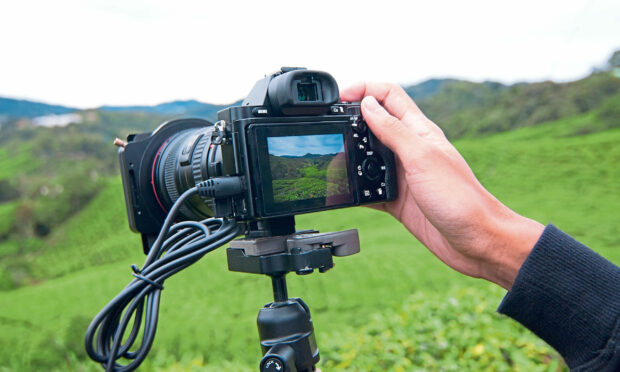
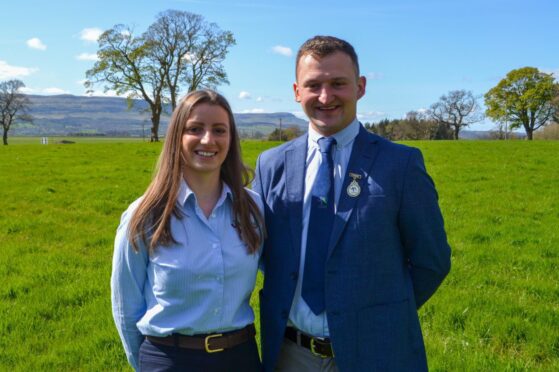


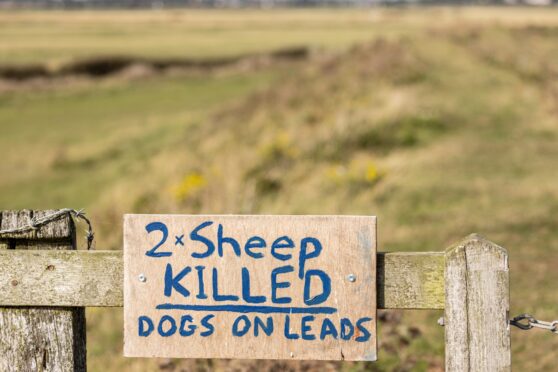
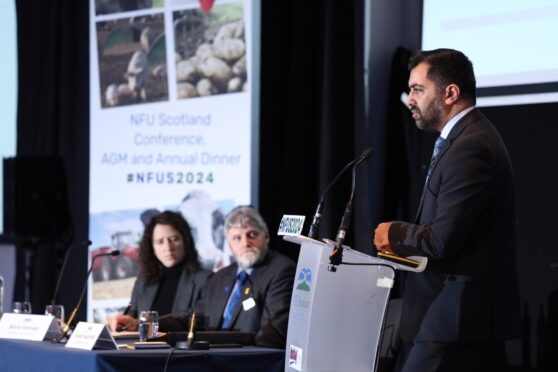
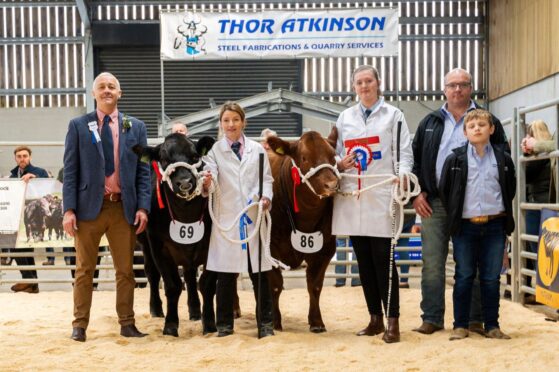

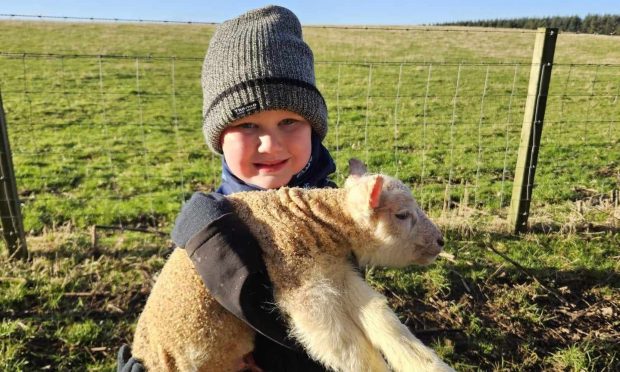
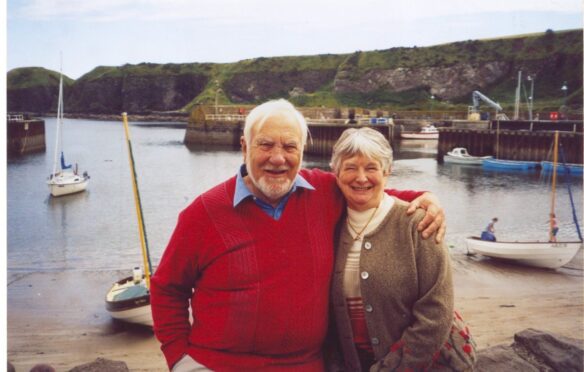
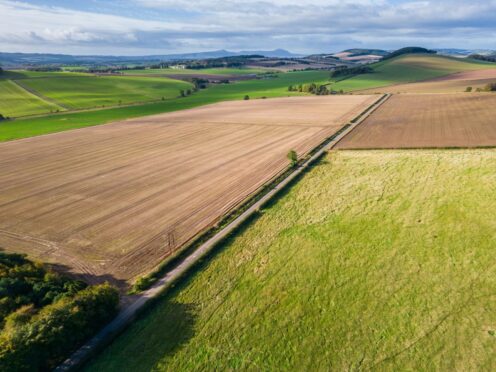
Conversation